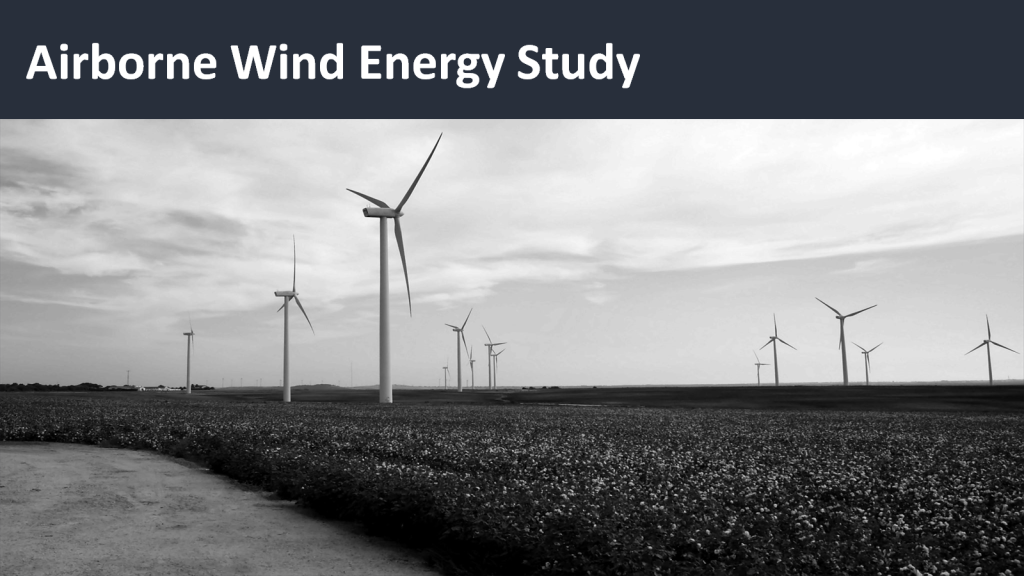
Airborne Wind Energy Study
AIRBORNE WIND ENERGY STUDY in the frame of the MegaAWE project
The "AIRBORNE WIND ENERGY: MOVING FORWARD" study explores the feasibility of implementing airborne wind energy (AWE) as a sustainable alternative to traditional wind energy generation. The project focuses on the Mega-AWE system, which uses tethered flying devices to harness wind power and generate electricity. The study comprehensively assesses technical, economic, environmental, and regulatory aspects of AWE, evaluating its potential for commercial deployment. Key components include a technical assessment of AWE systems within the Mega-AWE project, an economic analysis comparing costs and revenue potential with conventional wind energy, and an environmental impact evaluation covering land use, wildlife disturbance, noise pollution, visual impact, and carbon emissions. Regulatory and policy considerations are also examined to identify existing laws and potential barriers, along with exploring incentives and government support in the EU. Additionally, the study addresses risks associated with AWE, proposing mitigation strategies, and explores various business models and market conditions for effective commercialization. The goal is to determine the viability of AWE technology in the EU, drawing insights from international initiatives to support the future development of sustainable renewable energy solutions.
has context menu


